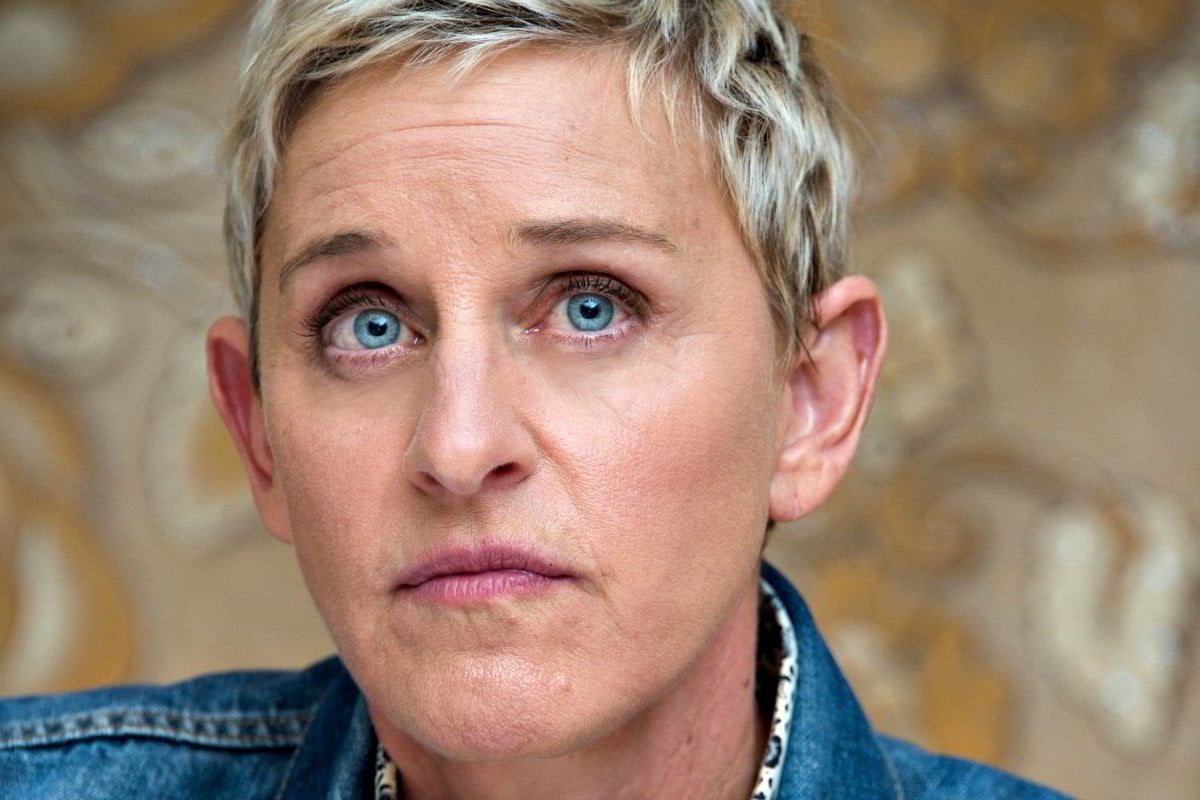
Ellen DeGeneres is sorry.
And not in the way most high-profile people tend to be (you know: the reluctant, hands-off kind of sorry that 'feelings have been hurt' or regret that the aggrieved 'feels that way').
Opening the eighteenth season of her eponymous talk show on Monday, the Emmy-winning host apologised for the unhealthy workplace culture that had evolved behind the scenes and for the role she played in that.
"As you may have heard, this summer there were allegations of a toxic work environment at our show," she said. "I learned that things happened here that never should have happened. I take that very seriously, and I want to say that I'm so sorry to the people who were affected."
Watch: Ellen apologises and concedes she's a "work in progress".
In a nearly five-minute monologue, DeGeneres observed every point on a 'how to apologise and mean it' checklist.
She took ownership: "I know that I'm in a position of privilege and power and I realise that with that comes responsibility, and I take responsibility for what happens at my show."

Top Comments